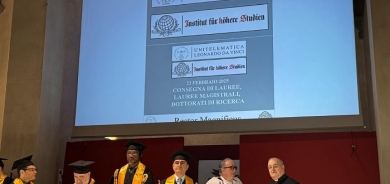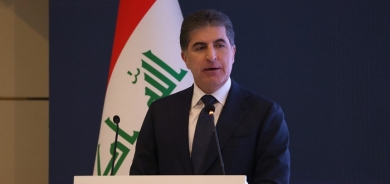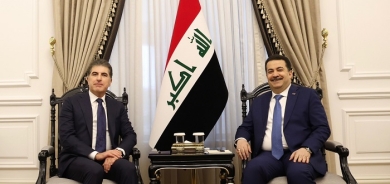Kurdistan Region Activates Electronic Candidate Registration for Parliamentary Elections

The High Independent Electoral Commission of Iraq's Kurdistan Region has launched its electronic registration platform for candidates and political parties vying in the upcoming parliamentary elections. The process, which began today, mandates adherence to eligibility criteria, including age requirements and residency within the Kurdistan Region, while barring affiliation with the former Baath party.
Iraq's Kurdistan Region has commenced preparations for its parliamentary elections with the activation of an electronic registration platform by the High Independent Electoral Commission. Candidates and political parties seeking to participate in the upcoming electoral contest are required to electronically register their candidacy, subsequently signed by the respective party or alliance head, disclosed Farhad Shetna, the head of the registration office at Iraq's electoral commission.
The registration period spans nine days, commencing from today, allowing interested entities to formalize their participation in the electoral process. Among the eligibility criteria stipulated by the electoral commission are a minimum age of 25 years, residency in the Kurdistan Region, and the absence of any affiliation with the former Baath party.
Kurdistan Region President Nechirvan Barzani, earlier in March, designated June 10th of this year as the slated parliamentary election day, marking a significant step in the region's democratic processes.
The electoral preparations come after the Kurdistan Region faced setbacks in its electoral calendar, postponing the parliamentary elections scheduled for October last year due to disputes among political factions concerning the single-district election law and updates to the electoral register.
However, recent developments, including a ruling by Iraq's Supreme Federal Court, have reshaped the electoral landscape. The court's decision nullified the allocation of 11 quota seats designated for ethnic and religious groups residing in the Kurdistan Region, leading to a transition from a single-district voting system to a four-district model. Under this model, political parties will vie for 100 seats in the regional parliament.
Despite the electoral preparations, some ethnic and religious communities, including Christians and Turkmen, have opted to boycott the parliamentary vote. Their decision stems from discontent over the recent ruling by Iraq's top court, which revoked their quota seats, raising concerns regarding adequate representation for these minority groups in the regional parliament.
As the registration period unfolds, the Kurdistan Region braces for a pivotal electoral contest, underscoring the region's commitment to democratic principles amid evolving political dynamics.












